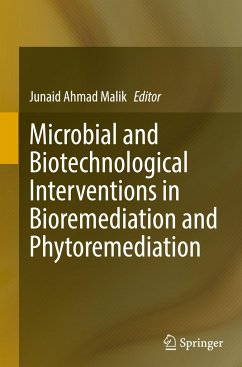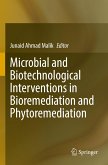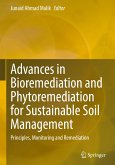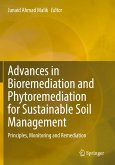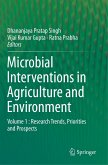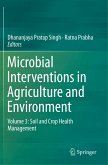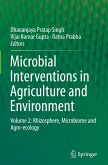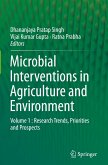The introduction of contaminants, due to rapid urbanisation and anthropogenic activities, into the environment causes unsteadiness, distress to the physico-chemical systems including living organisms, which possibly is threatening the dynamics of nature as well as the soil biology by producing certain xenobiotics. Hence, there is an immediate global demand for the diminution of such contaminants and xenobiotics which can otherwise adversely affect the living organisms. Some toxic xenobiotics include synthetic organochlorides such as polycyclic aromatic hydrocarbons (PAHs), and some fractions of crude oil and coal.
The advancements in microbiology and biotechnology has lead to the launch of microbial biotechnology as a separate area of research and contributed dramatically to the development of the areas like agriculture, environment, biopharmaceutics, fermented foods, etc. The evolution of new metabolic pathways from natural metabolic cycles has enabled the microorganisms to degrade almost all different complex and resistant xenobiotics found on Earth. Hence, microbes stand an imperative, efficient, green and economical alternative to conventional treatment technologies.
This book comprises chapters dealing with various bioremediation strategies with the help of different groups of microorganisms along with detailed graphical/ diagrammatical representations. It also focuses on the use of microbial biotechnology and highlights the recent developments in microbial biotechnology in the area of agriculture and environment. Furthermore, it contains a detailed comprehensive account for the microbial treatment technologies from unsustainable to sustainable which includes chapters prepared by professionals, several researchers, scientists, graduate students and postdoctoral fellows across the world with expertise in environmental microbiology, biotechnology, bioremediation, and environmental engineering. The research presented also highlightssome of the significantly important microbial species involved in remediation, the physiology, biochemistry and the mechanisms of remediation by various microbes, and suggestions for future improvement of bioremediation technology.
This book would serve as a quick reference book for graduate and postgraduate students pursuing their study in any branch of life sciences, microbiology, health sciences and environmental biotechnology as well as researchers and scientists working in laboratories and industries involved in research related to microbiology, environmental biotechnology and allied researches.
The advancements in microbiology and biotechnology has lead to the launch of microbial biotechnology as a separate area of research and contributed dramatically to the development of the areas like agriculture, environment, biopharmaceutics, fermented foods, etc. The evolution of new metabolic pathways from natural metabolic cycles has enabled the microorganisms to degrade almost all different complex and resistant xenobiotics found on Earth. Hence, microbes stand an imperative, efficient, green and economical alternative to conventional treatment technologies.
This book comprises chapters dealing with various bioremediation strategies with the help of different groups of microorganisms along with detailed graphical/ diagrammatical representations. It also focuses on the use of microbial biotechnology and highlights the recent developments in microbial biotechnology in the area of agriculture and environment. Furthermore, it contains a detailed comprehensive account for the microbial treatment technologies from unsustainable to sustainable which includes chapters prepared by professionals, several researchers, scientists, graduate students and postdoctoral fellows across the world with expertise in environmental microbiology, biotechnology, bioremediation, and environmental engineering. The research presented also highlightssome of the significantly important microbial species involved in remediation, the physiology, biochemistry and the mechanisms of remediation by various microbes, and suggestions for future improvement of bioremediation technology.
This book would serve as a quick reference book for graduate and postgraduate students pursuing their study in any branch of life sciences, microbiology, health sciences and environmental biotechnology as well as researchers and scientists working in laboratories and industries involved in research related to microbiology, environmental biotechnology and allied researches.

